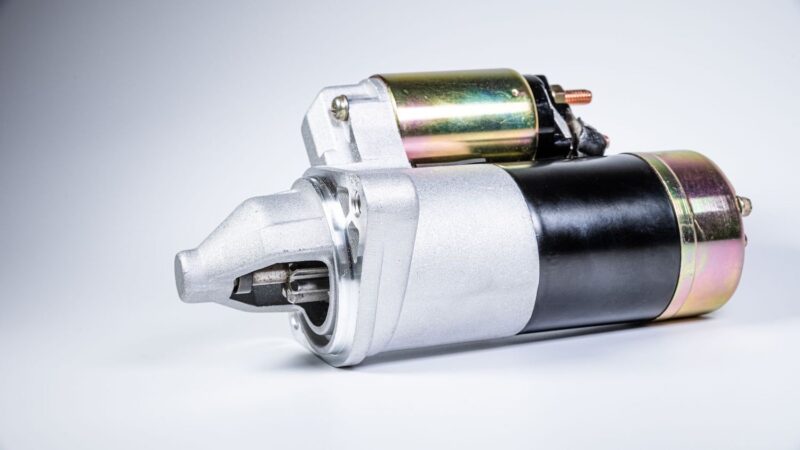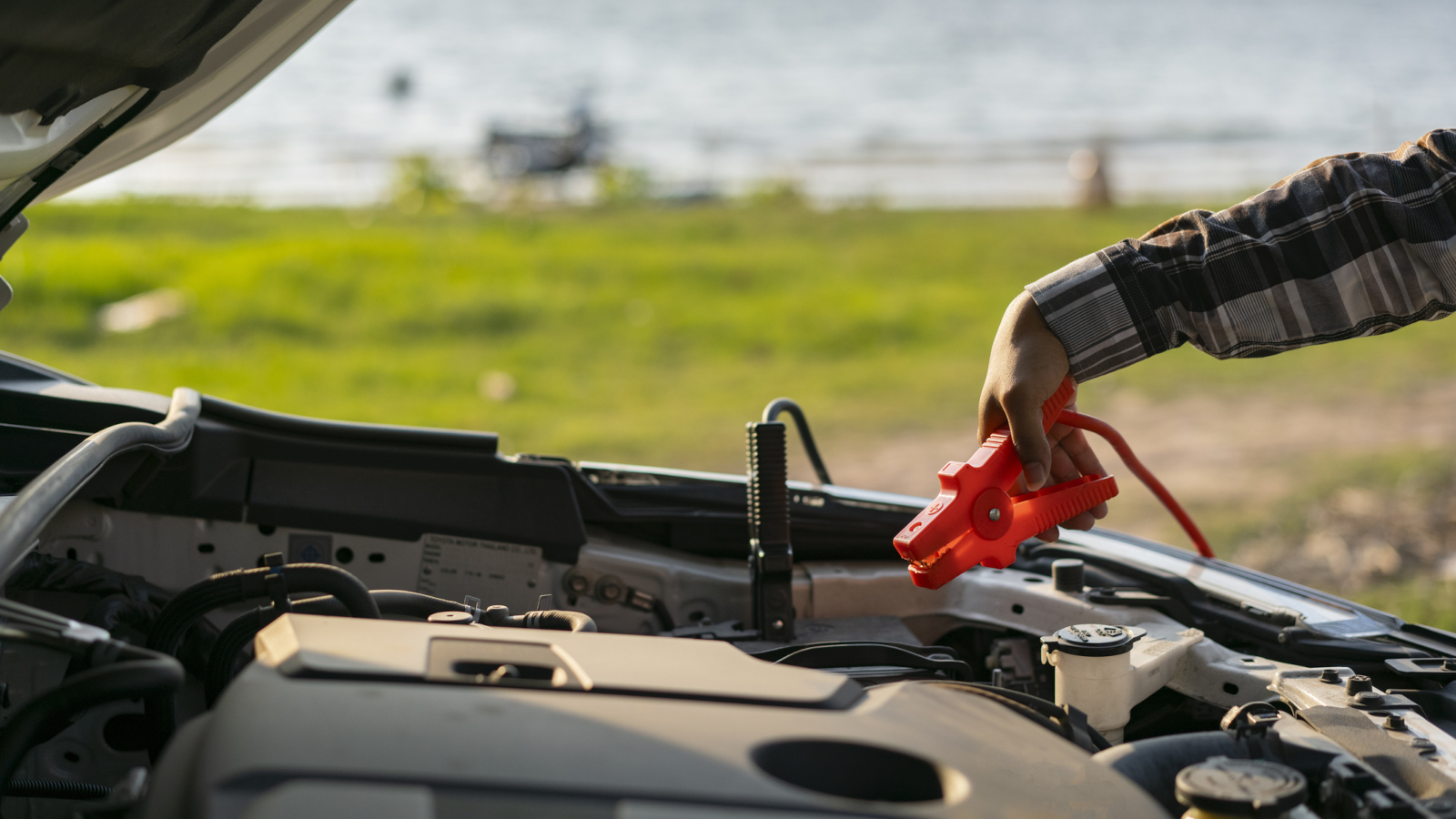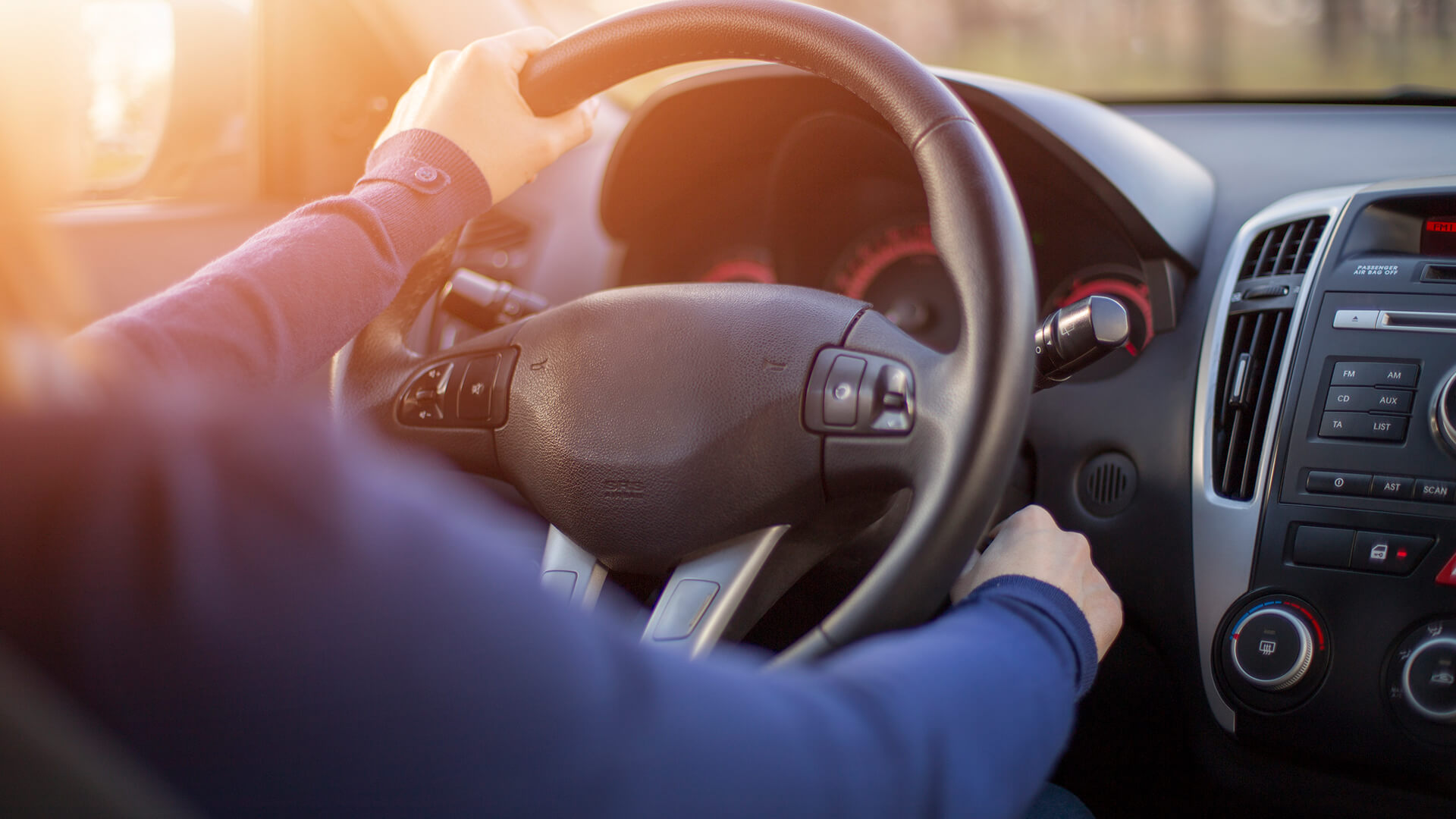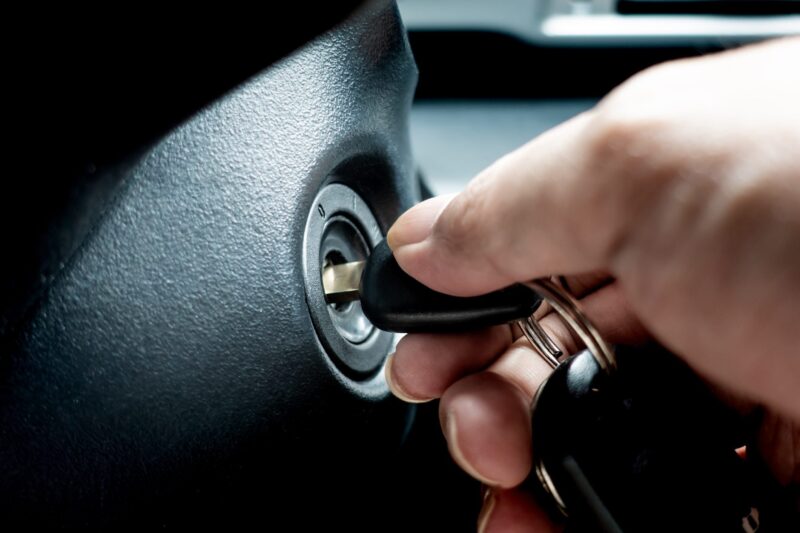Finding the right starter motor is essential for ensuring your vehicle fulfills its performance potential. There are several factors to consider when selecting the optimal starter motor, including compatibility and performance capabilities.
In this article, we will explore how to choose the best starter motor that meets both your needs and those of your vehicle. We’ll look at important considerations like voltage requirements and features such as starters with solenoids.
Finally, we’ll discuss ways you can ensure the longevity of your starter motor life by performing maintenance regularly. With this comprehensive guide, you’ll be well on your way to finding the ideal motor starter for your car or truck!
Table of Contents
Identifying the Appropriate Starter Motor for Your Vehicle
 To identify the appropriate starter motor for your vehicle, it is important to consider both the compatibility and performance requirements of the system. Make sure to check that the voltage and current rating are compatible with other components in your car or truck, such as battery capacity and wiring. Additionally, you should also ensure that there are no obstructions when fitting a new starter motor into place – this can avoid potential damage to any surrounding parts during installation.
To identify the appropriate starter motor for your vehicle, it is important to consider both the compatibility and performance requirements of the system. Make sure to check that the voltage and current rating are compatible with other components in your car or truck, such as battery capacity and wiring. Additionally, you should also ensure that there are no obstructions when fitting a new starter motor into place – this can avoid potential damage to any surrounding parts during installation.
Furthermore, take into account features such as solenoids which help improve starting reliability and reduce wear on moving parts over time; these enhancements can be particularly beneficial for vehicles used in extreme conditions where reduced maintenance costs may be desired.
Ultimately by carefully assessing all relevant factors you will find an ideal starter motor for your vehicle that meets both its present needs and future performance expectations!
Assessing Compatibility Criteria
When selecting a starter motor, the most important criterion to consider is compatibility. This requires an assessment of several factors including mounting holes, cable length, and pinouts.
Moreover, you need to make sure that your starter motor meets the specifications of your vehicle’s system. Additionally, it is essential to check for any resistive load requirements or compatibility with other components to ensure optimal performance and reliability over time.
Furthermore, understanding the type of operating environment can also be helpful when assessing compatibility as this helps determine if additional features such as waterproofing or heat protection are necessary. Ultimately, by carefully evaluating each criterion you can identify the best starter motor for your needs and maximize its performance potential over time.

Evaluating Performance Factors
When evaluating a starter motor, there are several key performance factors to consider. First and foremost, it is essential to ensure that the motor is compatible with the specific make and model of your vehicle.
This can be done by cross-referencing the manufacturer’s part number or checking against an online parts database. Secondly, check for any indications of wear or damage on the exterior of the starter motor before installation.
If these signs are present, it may be wise to look for a replacement unit instead. Additionally, you should also consider how long your starter motor will last before needing servicing or replacement — some motors may offer extended warranties that cover this eventuality if desired.
Finally, do not underestimate the importance of reliable customer service should anything go wrong after purchasing a new starter motor; many retailers offer highly knowledgeable staff who can provide valuable advice in such situations.
All these performance factors need to be taken into account when selecting your ideal starter motor to get optimum value for money over time without compromising on quality or reliability.
Conclusion

The selection of a starter motor is an important part of any machinery’s performance and longevity. It is essential to choose the right motor starter that will best suit the needs of your system by considering compatibility and performance factors such as voltage, current rating, and physical size.
A reliable starter motor will ensure long-term efficient operation while providing improved control over its functions. Ultimately, this allows for better system protection and increases overall operational safety features.
Taking all these factors into consideration when selecting a motor starter is key to achieving optimal results in any application.

